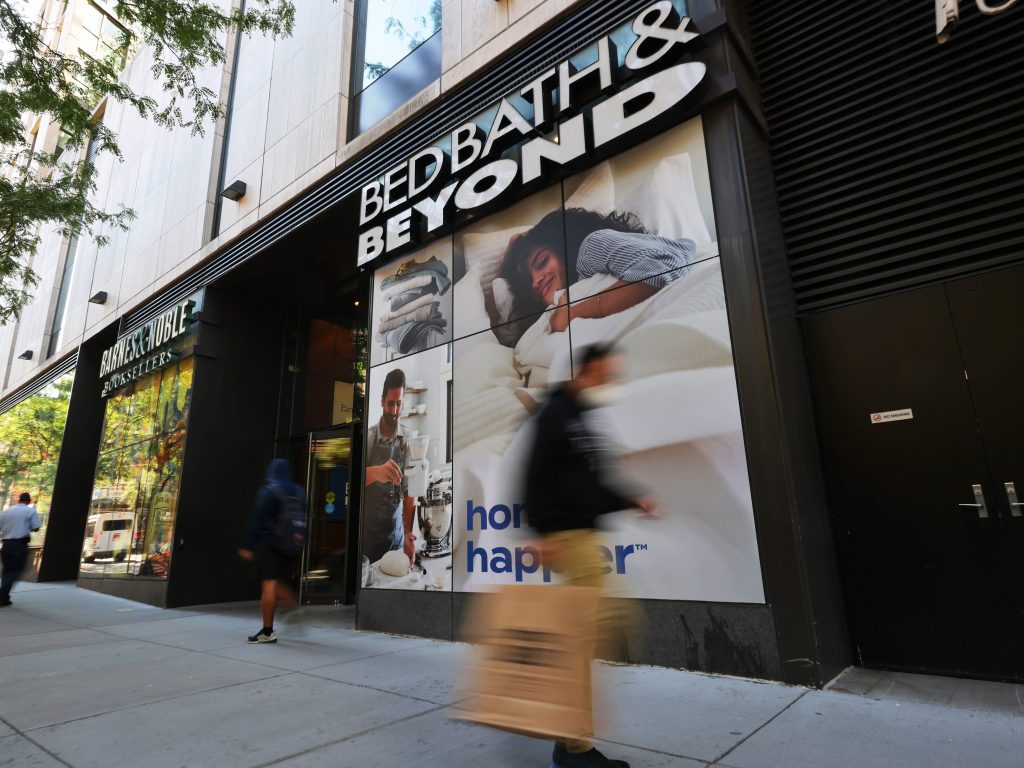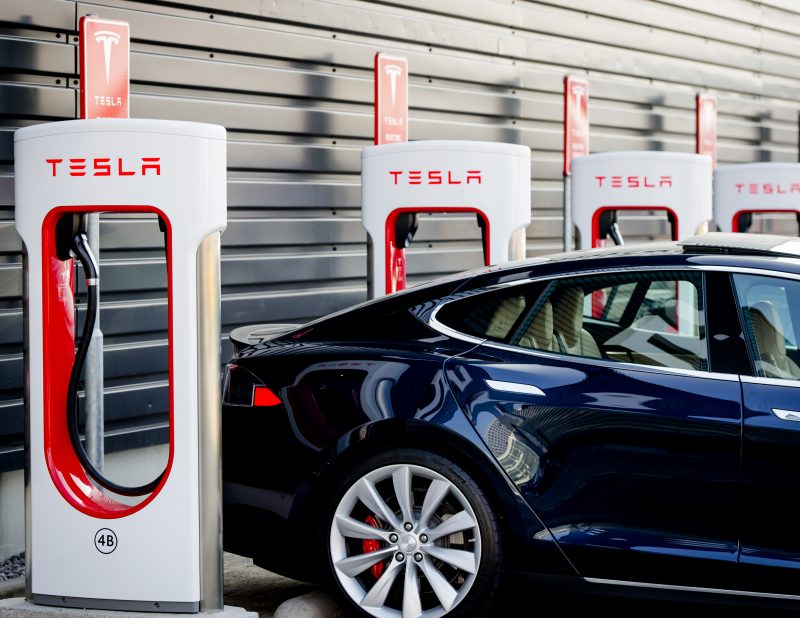- Jake Freeman made more than $100 million trading Bed Bath & Beyond stock, Financial Times reported.
- The 20-year-old spent about $25 million on the 6.2% stake in the retailer in July, per the FT.
- He bought at $5.50 a share and sold his holding a month later when the stock hit $27.
A 20-year-old mathematics and economics student has made a profit of more than $100 million trading Bed Bath & Beyond stock, the Financial Times reported.
Jake Freeman, who studies at the University of Southern California, bought just under 5 million shares in the retailer, on July 21, giving him a 6.2% stake, SEC filings show.
He paid $5.50 each, the FT reported, after Bed Bath & Beyond's stock fell drastically following its announcement that it was replacing bosses including its CEO as well as a 25% slide in sales in the second quarter compared to the same period last year.
Freeman spent roughly $25 million on the stake, which he told the newspaper he mainly raised from family and friends.
The student has spent years investing with his uncle, a former pharmaceutical executive, and interning at a hedge fund in New Jersey, according to the Financial Times.
The retailer's share price soared on Tuesday to more than $27, prompting Freeman to sell his holding from his TD Ameritrade and Interactive Brokers accounts for more than $130 million, the FT reported.
Interactive Brokers told Insider it did not comment on individual client accounts. TD Ameritrade did not respond to a request for comment.
Meme stocks, whose prices do not reflect the actual financial performance of the company in question, have been rallying in recent weeks after soaring at the start of last year, with Bed Bath & Beyond one of the beneficiaries.
"I certainly did not expect such a vicious rally upwards," Freeman told the FT. "I thought this was going to be a six-months-plus play ... I was really shocked that it went up so fast."
However, the stock plunged on Thursday to about $18 after Ryan Cohen's RC Ventures, a major shareholder, signaled its intention to dump all of its nearly 10% stake.










